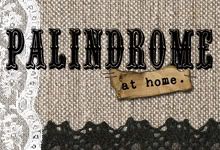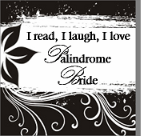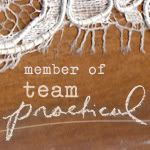This reality has reminded me a lot of the the words that Ruth spoke in the Old Testament. They are a favorite at weddings. Mrs. Cheese used them, and they've been suggested on several wedding websites. They're beautiful and the bond described is so representative of the marriage relationship.
The words, however, were not about a marriage relationship at all. The short story is that Naomi, her husband and her two sons moved to a new town to find food during a famine. Naomi's husband dies and her sons marry two local women, one of them Ruth. Then the sons die. Naomi cannot support herself and tells her daughters-in-law to go back to their families and remarry. One sister-in-law goes back, but Ruth says to Naomi:
"Don't urge me to leave you or to turn back from you. Where you go I will go, and where you stay I will stay. Your people will be my people and your God my God. Where you die I will die, and there I will be buried. May the LORD deal with me, be it ever so severely, if anything but death separates you and me."
The story of Ruth, of course, doesn't end here. After this heartbreaking chapter, the heartwarming chapter ensues. Ruth supports her mother-in-law by collecting the bits of barley that were left by the harvesters.

Image Source
The owner of the field, Boaz, heard about what Ruth was doing for Naomi and he set her up with the best fields, he ordered the men not to touch her, and he let her drink whenever she was thirsty. This is unheard of for a landowner to show this kind of kindness to a servant. Naomi calls him their "kinsman redeemer." Eventually, Boaz and Ruth marry - it's a Cinderella story of sorts, the servant marrying the prince.
The Bible doesn't say whether they're in love or not, but they have a son who is in the lineage of King David, who is in the lineage for Jesus. I think it's a beautiful story of how God can take a hopeless situation and work it out for the good. The widows during that time were basically left to a life of begging and marriage was their only chance at redemption and status. The story illustrates the Christian faith's overarching belief in redemption.
Even though the passage is not about marriage, I will be saying these words on our wedding day as my mother said them on hers. I am glad to share that heritage of faith with her and to take this weighty vow. I'm also happy to incorporate this symbolism of our faith into the ceremony.
Are you planning to (or did you) use Ruth's words in your ceremony? What drew you to her vow?
*Note: For those interested in the entire book of Ruth (which is quite short) it can be read here. The wikipedia entry also has some interesting notes, especially from the Jewish perspective.











No comments:
Post a Comment